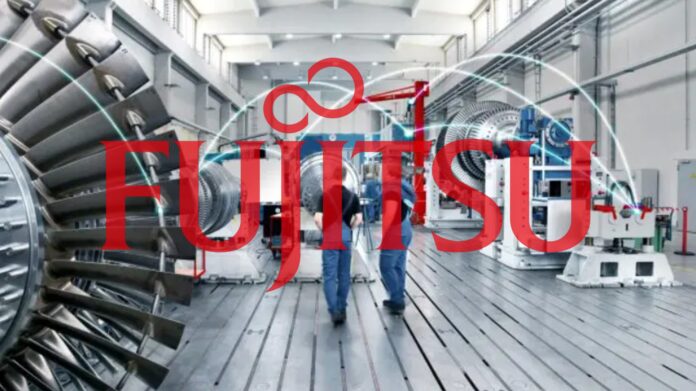Fujitsu is working with US data security and privacy outfit Cohere on a number of industry-geared AI projects, including joint development of a Japanese large language model (LLM) for enterprises in Japan, as well as an exclusive global reseller deal for other generative AI efforts. Fujitsu is supplying its expertise with knowledge graphs and retrieval augmented generation (RAG) techniques into the bargain; Cohere is supplying a multilingual LLM, which features enhanced RAG capabilities to mitigate hallucinations.
Fujitsu will offer their AI service creations to its entire global customer base as part of its Kozuchi generative AI offering in its data intelligence platform, starting in September (2024), and as a key party of its so-called Uvance enterprise consultancy model. Fujitsu has made a ‘significant investment’ into the ‘strategic partnership’, it said. The new Japanese-language LLM, codenamed Takane, is based on Cohere’s Command R+ LLM, described as a “multilingual model trained on proprietary data from scratch”.
It will use a combination of Fujitsu’s ‘horizontal’ AI knowhow (LLM training and fine-tuning) and Cohere’s ‘vertical’ domain-specific enterprise solutions. The former covers knowledge graphs, a data processing technology that organises and makes connections between data from multiple sources, and RAG technology, which enables LLMs to acquire knowledge outside of their original training. Fujitsu has a ‘knowledge graph extended RAG technology’ that converts proprietary enterprise data into knowledge graphs that LLMs can reference, and a generative AI auditing technology that complies with corporate and legal regulations.
The firm plans to release a knowledge graph extended RAG technology as part of the Kozuchi consultancy offer in July, and generative AI auditing technology in September, in line with the launch of its joint efforts with Cohere. It is also readying a new generative AI ‘amalgamation’ technology, as well as a number of domain-specific LLMs and machine learning models, which will be available in August and combined with the new Takane models. For more on RAG, see here.
Cohere, based in Toronto and San Francisco, meanwhile, claims ‘best-in-class’ Embed and Rerank techniques for sorting data in LLMs – for converting text and other items into vector representations, and for (re-)ranking information for similarity (‘similarity searches’) to reference documents. The Takane models will be offered for “private environments”, such as private enterprise clouds – to provide the “best combination of outstanding AI services in a guaranteed secure environment for enterprise data”.
The Japanese IT firm said: “Takane will focus on the critical needs of specific industries and businesses to boost productivity and efficiency. These models will be developed as a service that can be utilised in private clouds for customers that require high security, such as financial institutions, government agencies, and R&D units.”
Vivek Mahajan, corporate vice president and chief technology officer at Fujitsu, said: “Fujitsu has developed a knowledge graph extended RAG technology for logical inferences and a generative AI amalgamation technology for automatic generation of specialised generative AI models to meet the diverse needs of companies. Combining these with Cohere’s latest highly secure enterprise LLMs, we aim to provide businesses with powerful and adaptable AI solutions that address specific needs and accelerate the adoption of generative AI globally.”
Aidan Gomez, co-founder and chief executive at Cohere, said: “This strategic partnership… is a truly important step in offering world-class LLM capabilities to one of the most important enterprise markets in the world. For AI technologies to reach their full potential, we need to be able to meet enterprises where they are, whether that means in their own cloud environment, or in the languages that they do business… Our work with Fujitsu will help to unlock the enormous potential of Cohere’s technology to power the next generation of Japanese businesses.”

